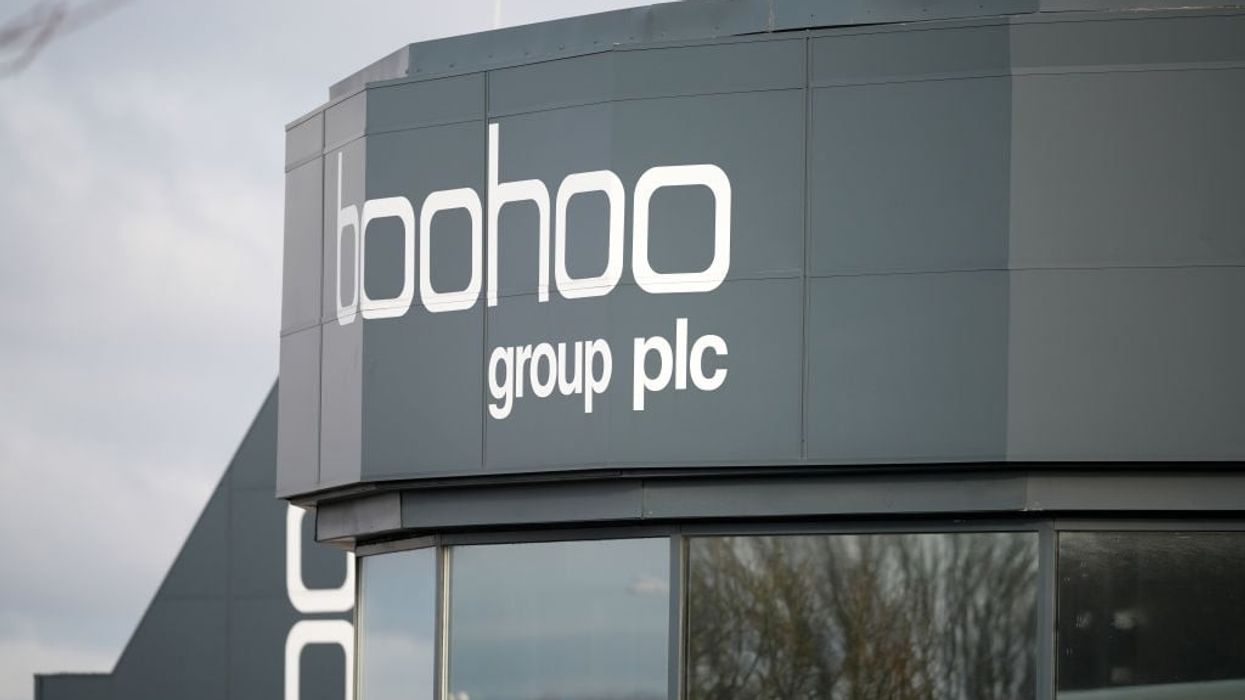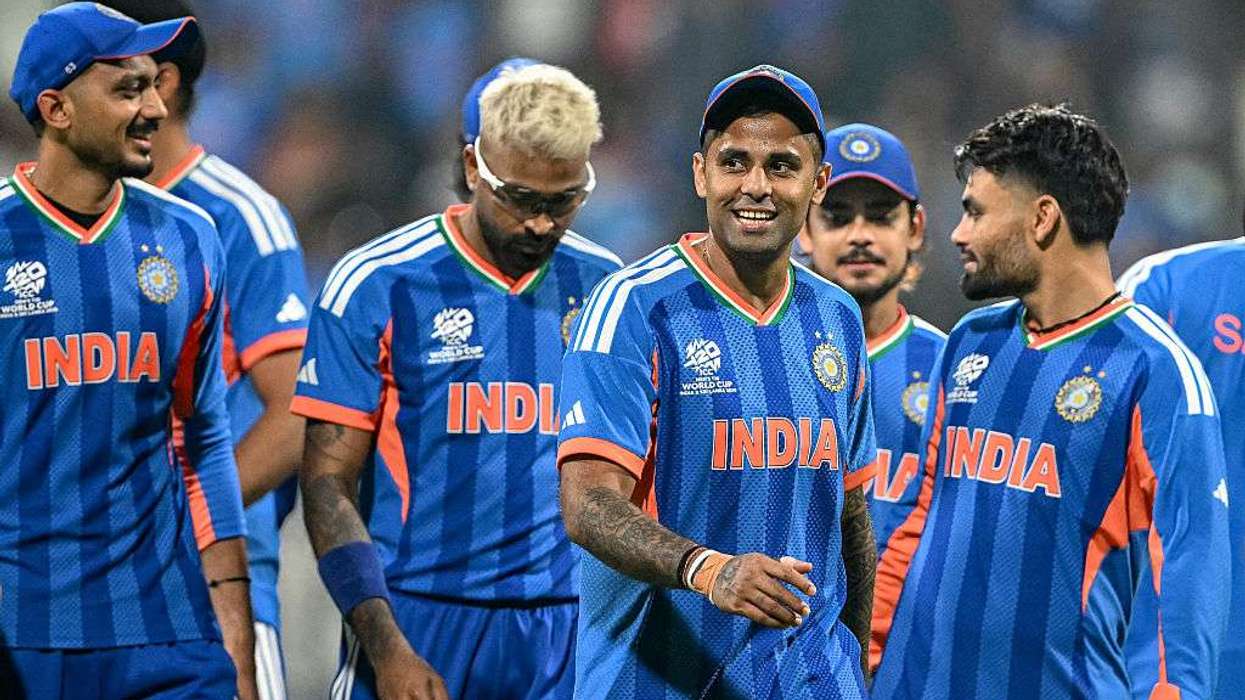ONLINE fashion retailer Boohoo has pushed back against Frasers Group's demand to appoint Mike Ashley as CEO, stating it must "safeguard its commercial interests."
The firm said that remarks by Frasers are “inaccurate and unfair” and added that the refinancing provided needed stability for future operations, reported the Financial Times.
Boohoo is facing mounting pressure from largest shareholder Frasers Group. Ashley, known for his retail empire that includes brands like Sports Direct and House of Fraser, has increased Frasers’ stake in Boohoo to 27 per cent.
Frasers is now calling for Ashley to lead Boohoo, arguing that he’s best positioned to revitalise the brand and address what they claim is a lack of effective leadership.
The tension became public after Frasers issued an open letter critical of Boohoo’s recent £222 million debt refinancing. Frasers labelled the terms of the deal as “unsatisfactory” and argued that it would burden Boohoo’s shareholders.
According to the letter, the refinancing is “short-dated” and more costly than Boohoo’s previous financing arrangement, implying the online retailer may need urgent restructuring to handle repayments due in ten months.
In response to Frasers’ demands, Boohoo’s board stressed the need to “protect its commercial position,” given that Frasers also holds a significant stake in Asos, one of Boohoo’s primary competitors.
This, Boohoo argued, necessitates strict governance protocols before Ashley could even be considered for an executive role. Boohoo highlighted that they had been given a tight 48-hour deadline to decide on Ashley’s appointment, raising concerns over the urgency of Frasers’ demands.
It began building its stake in Boohoo in June 2023, steadily increasing its influence within the company. However, Frasers’ recent call to action followed the announcement of Boohoo CEO John Lyttle’s upcoming departure, spurring speculation about a shakeup in the leadership team.
While Ashley is Frasers’ top pick, other candidates have been floated, including Umar Kamani, co-founder of PrettyLittleThing and son of Boohoo co-founder Mahmud Kamani.
Frasers’ aggressive push for leadership change also involves calling for the appointment of restructuring expert Mike Lennon to Boohoo’s board. According to Boohoo, Frasers had initially requested a non-executive director role but did not propose Ashley as the candidate until after Lyttle’s departure was made public.
Boohoo claimed that Frasers’ last-minute push left them little time to fully assess the implications of appointing Ashley as CEO, reported the Guardian.
Boohoo has faced considerable challenges in recent years. Following a pandemic-driven surge in online shopping, the company’s stock has dropped by over 90 per cent from its peak, amid increased competition from brands like Shein and Temu and higher operational costs.
This year alone, Boohoo cut 1,000 jobs due to a £160m loss, underscoring the need for strategic change.
The Boohoo board has stated that it remains open to working with Frasers constructively and is willing to discuss potential board appointments. However, they have yet to receive any assurances from Frasers about governance protocols.
Frasers has been approached for additional comments on the matter, as both companies continue to negotiate the future leadership of Boohoo.





